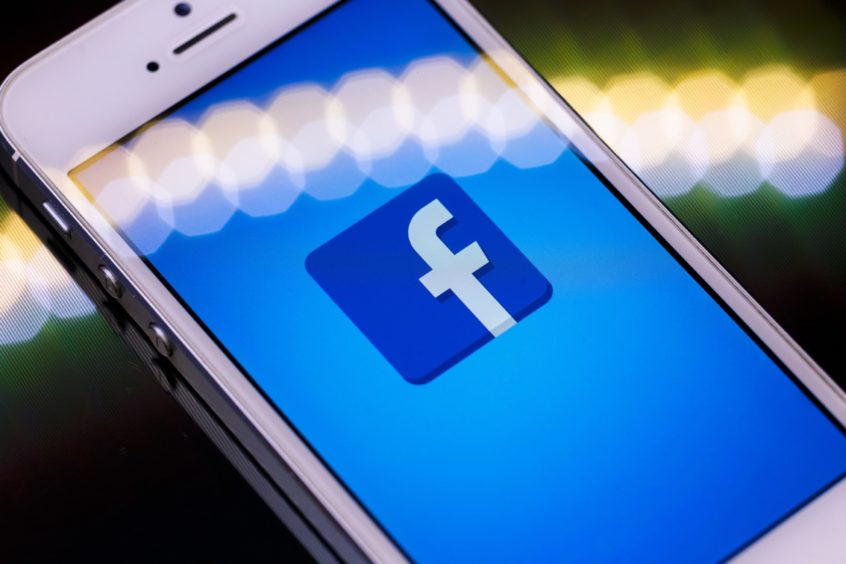People who fall victim to scams on social media should have their money refunded, according to the chairman of the UK parliament’s digital, culture, media and sport committee.
Julian Knight has branded the social media platforms a “disgrace”, saying they have been making money from scams “for too many years”.
Representatives from Facebook owner Meta, Twitter, Instagram and TikTok were given a grilling by MPs in parliament, in a session which focused on an inquiry into online safety and harms.
Online fraud is rife and has surged during the pandemic, with more than £2.3 billion estimated to have been lost by consumers to cyber scams between April 2020 and April 2021.

Scams costing public thousands of pounds
Research by consumer watchdog Which? found “an explosion of these scams appearing in adverts or results on search engines”.
Mr Knight said: “It seems incredible to me and to the public, the idea that you are systematically, over a period of years, making money from our constituents’ misery over being defrauded.
“You are making money off that and you are continuing to make money, and you’re still waiting for legislation to come forward before you appropriately react in order to exclude these scams from your platforms permanently.”
It seems incredible to me and to the public, the idea that you are systematically, over a period of years, making money from our constituents’ misery over being defrauded.”
Julian Knight MP.
Meta UK public policy manager Richard Earley defended an internal review process, which, he said, checks advertisements to make sure they are in line with company compliance and advertisement policies.
But it was revealed Meta’s review process does not currently insist all advertisements are authorised by the Financial Conduct Authority (FCA) – despite the company announcing last year it would do so.
Mr Knight told the social media representatives: “People have lost thousands of pounds – some people have lost their entire livelihoods.
Suicides
“We have had people commit suicide as a result of the scams, and you have continued to take advertising throughout the entire time from organisations which are not FCA authorised.
“Only now are you pulling your finger out and bringing that very crucial change. You have just not done enough.
“This goes for all social media platforms – you ought to pay back the money that has been defrauded off the British public over many years.”
People have lost thousands of pounds – some people have lost their entire livelihoods.”
Mr Knight also quoted money-saving expert Martin Lewis.
Mr Lewis “pulls his hair out” at the number of paid-for scam advertisements on Facebook using his face, the Conservative MP for Solihull said.
He also criticised the companies for not sharing data with each other regarding scams, calling it a “disgrace” that “has been going on far too long”.
It is hoped a decision will be made on the updated bill in the coming months.
